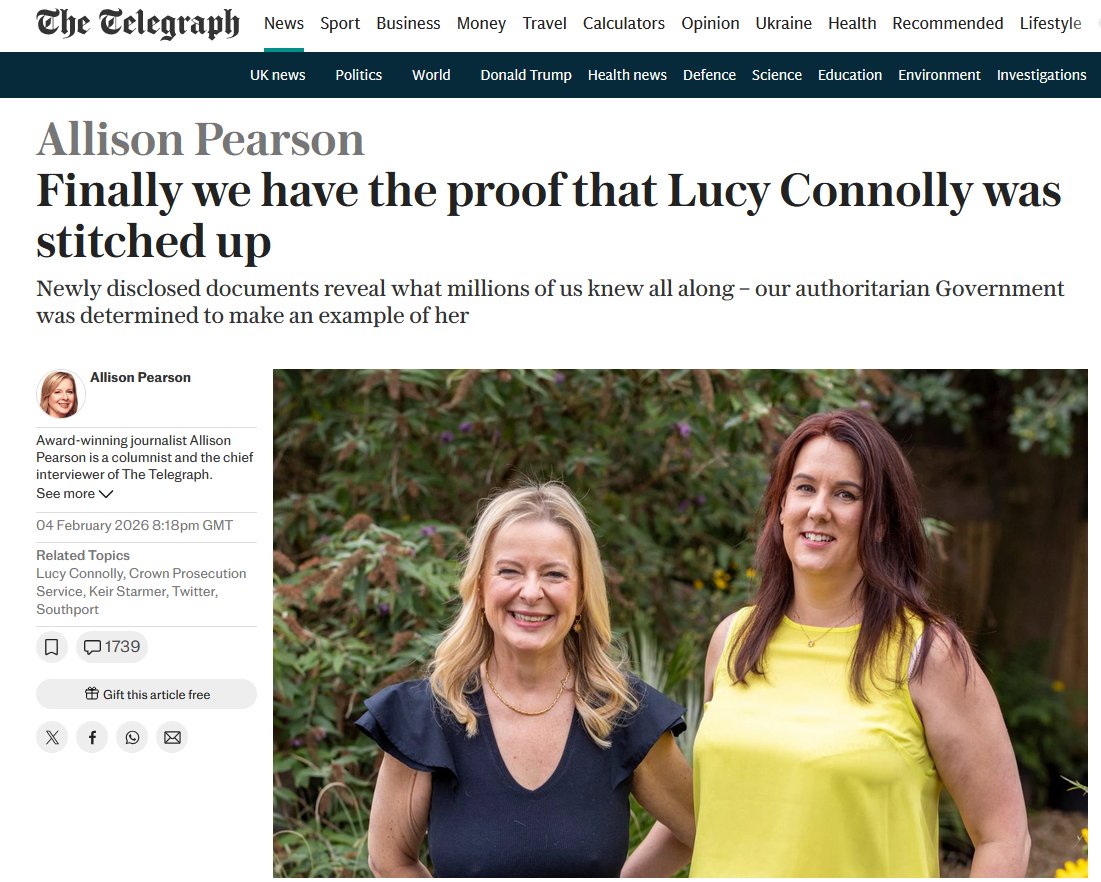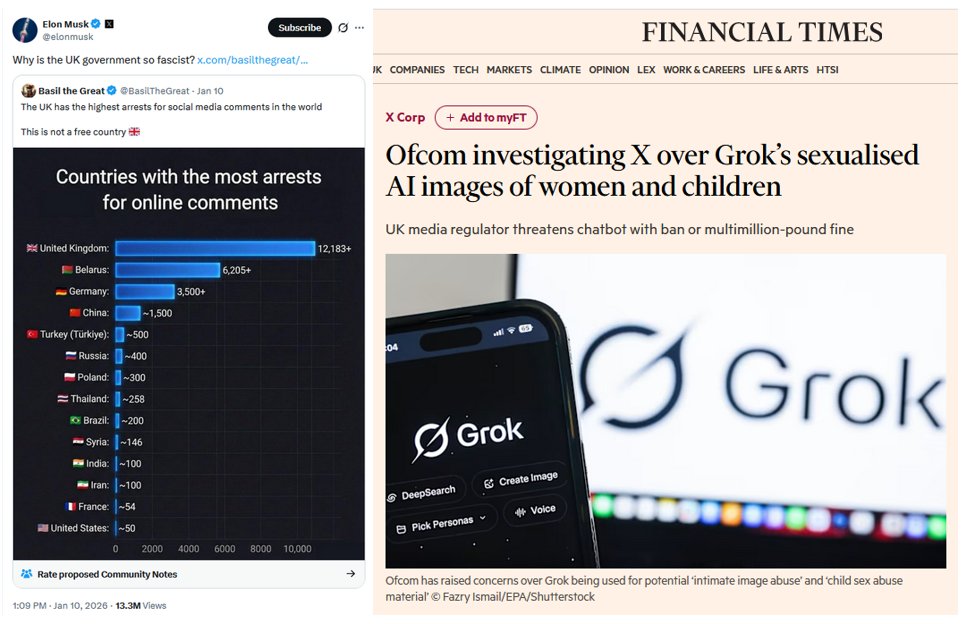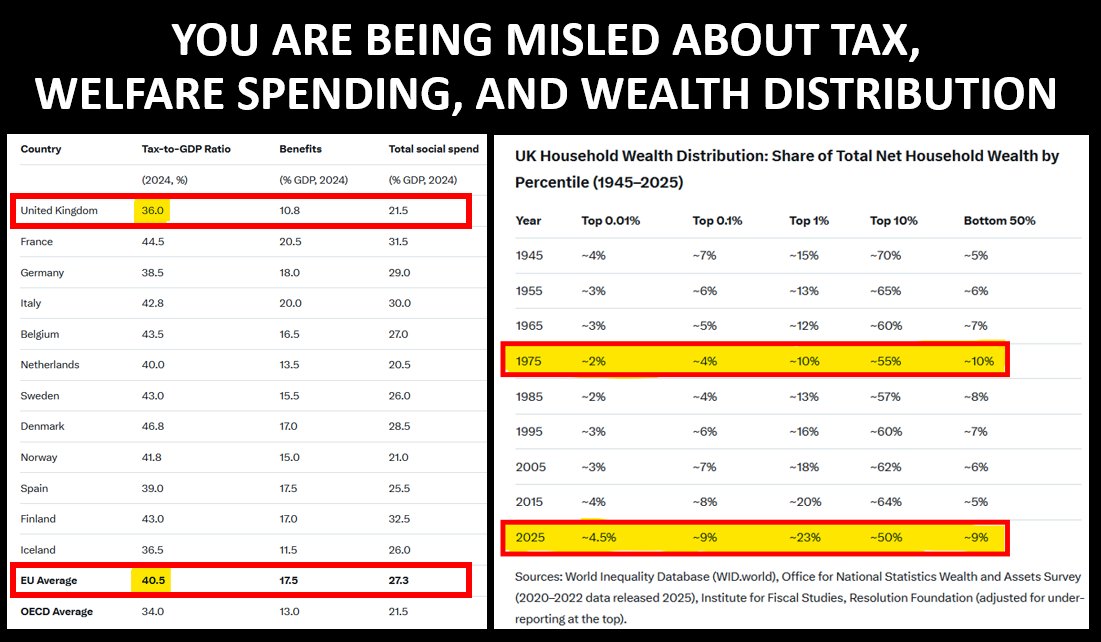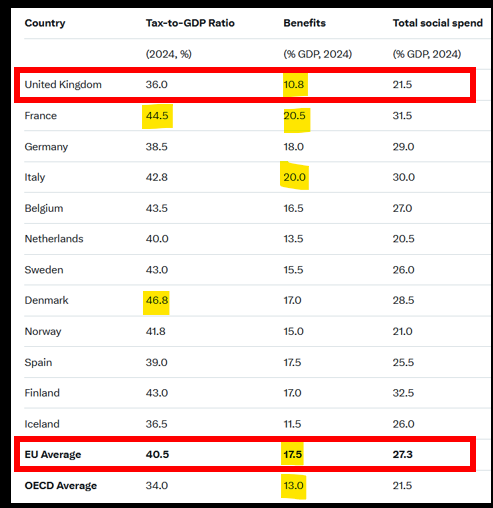#THREAD
Remember when British voters were told by non-dom billionaire Jonathan Harmsworth that voting to Remain in the EU would result in "lies" & "greedy elites", only to later live under a government of lying greedy elites, which Harmsworth backed?
Remember when British voters were told by non-dom billionaire Jonathan Harmsworth that voting to Remain in the EU would result in "lies" & "greedy elites", only to later live under a government of lying greedy elites, which Harmsworth backed?

Or that British voters were told by non-dom billionaire Frederick Barclay that voting Leave would see the triumph of 'hope over fear' & lead to "a new beginning for our country", only to later get a frightening regressive Barclay-backed Govt which has destroyed Britain's economy? 
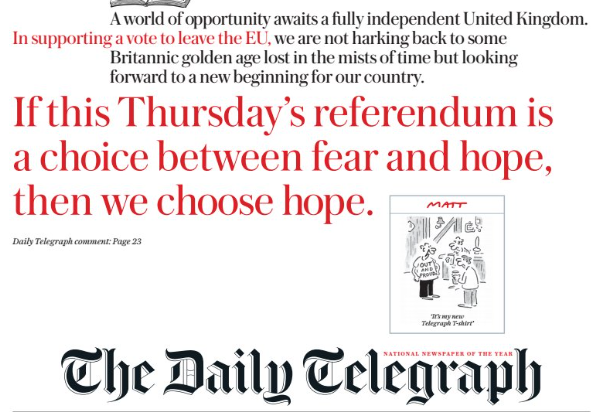
Or that British voters were told by foreign billionaire Rupert Murdoch to vote Leave because the EU was "greedy, wasteful, bullying & breathtakingly incompetent in a crisis", only later to live under the greedy, wasteful, bullying & breathtakingly incompetent Murdoch-backed Govt? 

FUN FACT: In 2017, The Sun's editor Tony Gallagher revealed the average age of The Sun’s print version was 51. A 2014 survey found the average age of Mail readers was 58, & the average age of Telegraph readers was 61. 





Grotesquely wealthy newspaper owners own newspapers for one reason only: to manufacture support for whichever political party will best serve their interests.
That millions of people are subject to the #propaganda of a handful of selfish billionaire tax-avoiders shames #Britain.



That millions of people are subject to the #propaganda of a handful of selfish billionaire tax-avoiders shames #Britain.




Britain has endured & tolerated their divisive bullshit for around a century.
With @UKLabour looking likely to form the next Government, @Keir_Starmer should have the spine to announce #Leveson2, but I suspect we all know why he won't.
#EnoughIsEnough
With @UKLabour looking likely to form the next Government, @Keir_Starmer should have the spine to announce #Leveson2, but I suspect we all know why he won't.
#EnoughIsEnough
https://twitter.com/docrussjackson/status/1525460094506643456?s=20&t=Mh_5g6jUpGFpC6Acn85L2A
• • •
Missing some Tweet in this thread? You can try to
force a refresh


